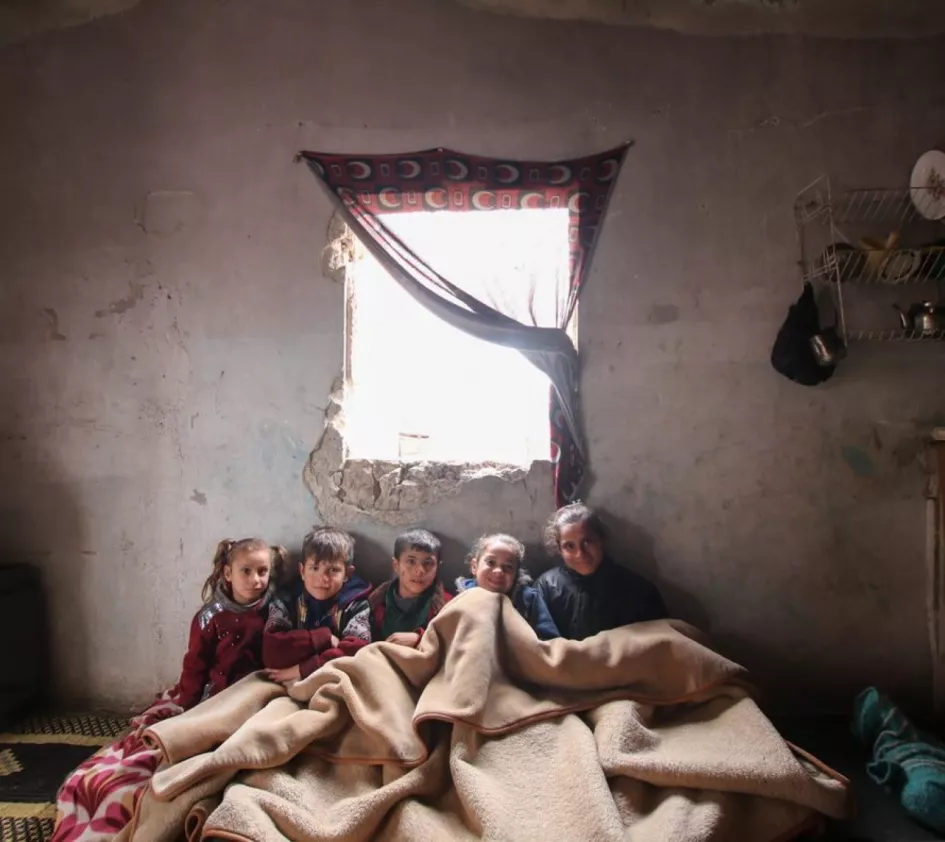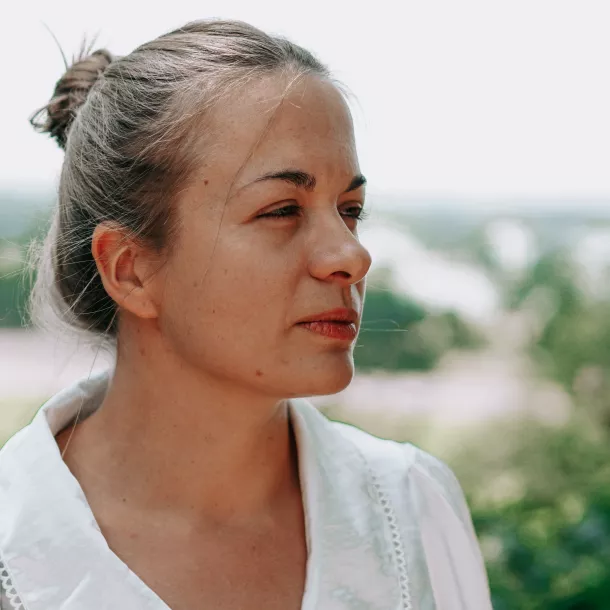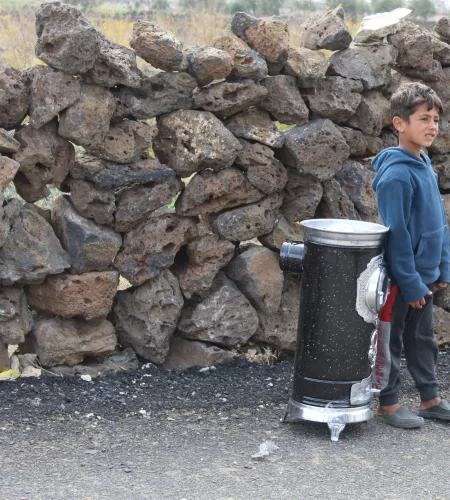Snow and ice
ZOA coordinates aid to various regions in Syria from its office in Damascus. Help that is desperately needed, especially in the areas of Al Qunaytirah and Dar'a, where temperatures drop below zero. Jemma, ZOA’s project worker who’s responsible for the distribution of relief supplies, talks about the challenges her team faces: ‘In winter, the snow turns into a layer of ice that lasts up to two months. This makes the area difficult to reach, while people have to survive in these harsh circumstances.’
Surviving in tents
Sometimes returned refugees have no choice but to camp in tents, because other people have moved into their homes. Marjanne: “People cannot always prove that it is their home. They lost their property deeds during the flight.” Jemma adds: “Sometimes those tents are placed in an empty building to find a little more shelter from the cold weather.”
Shortage of stoves
The government assists people in need, but they cannot meet all needs. Jemma: “People get 50 liters of diesel per family, for example, which they have to use for the entire winter season. But that's only enough for two weeks. In addition, there is a great shortage of stoves. They are even stolen from schools. For many people, stoves are also unaffordable. A simple stove costs almost one and a half times the average monthly income.” Alternatively, people burn wood from olive trees, while these trees are a source of income. People also look for pieces of paper and cardboard among the waste. They'd burn anything to keep themselves warm.



